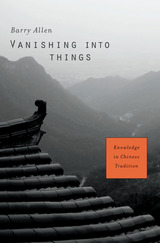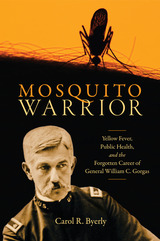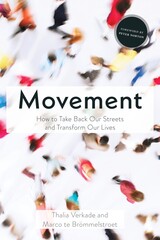
Vanishing into Things explores the concept of knowledge in Chinese thought over two millennia, from Confucius to Wang Yangming (ca. 1500 CE), and compares the different philosophical imperatives that have driven Chinese and Western thought. Challenging the hyperspecialized epistemology of modern philosophy in the West, Barry Allen urges his readers toward an ethical appreciation of why knowledge is worth pursuing.
Western philosophers have long maintained that true knowledge is the best knowledge. Chinese thinkers, by contrast, have emphasized not the essence of knowing but the purpose. Ideas of truth play no part in their understanding of what the best knowledge is: knowledge is not deduced from principles or reducible to a theory. Rather, in Chinese tradition knowledge is expressed through wu wei, literally “not doing”—a response to circumstances that is at once effortless and effective. This type of knowledge perceives the evolution of circumstances from an early point, when its course can still be changed, provided one has the wisdom to grasp the opportunity.
Allen guides readers through the major Confucian and Daoist thinkers including Kongzi, Mengzi, Xunzi, Laozi, and Zhuangzi, examining their influence on medieval Neoconfucianism and Chan (Zen) Buddhism, as well as the theme of knowledge in China’s art of war literature. The sophisticated and consistent concept of knowledge elucidated here will be of relevance to contemporary Western and Eastern philosophers alike.

Many poems in the Chinese tradition come to us embedded in narratives purporting to tell the circumstances of their composition and performance. "Poetic competence" is demonstrated in these narratives through a person's ability to influence the attitudes and behavior of others with poetic discourse. Such competence can be apprehended only in the context of a narrative, which sets forth a representation of the conditions of a poem's production, performance, and reception. These narratives are not so much faithful historical records as ideal accounts of the operation of poetry. Such stories both fulfill and deny wishes for poetry and for the self; it is these wishes that merit our careful attention.
As traced in Words Well Put, the vision of poetic competence evolved for over a millennium from calculated performances of inherited words to sincere passionate outbursts to displays of verbal wit combining calculation with the appearance of spontaneity. By the seventh century, calculation, passion, and wit had converged to produce a multivalent concept of competence as a repertoire of competencies to use as the occasion demanded. This book tells the story of the development of poetic competence to uncover the complexity of the concept and to identify the sources and exemplars of that complexity.
READERS
Browse our collection.
PUBLISHERS
See BiblioVault's publisher services.
STUDENT SERVICES
Files for college accessibility offices.
UChicago Accessibility Resources
home | accessibility | search | about | contact us
BiblioVault ® 2001 - 2024
The University of Chicago Press









